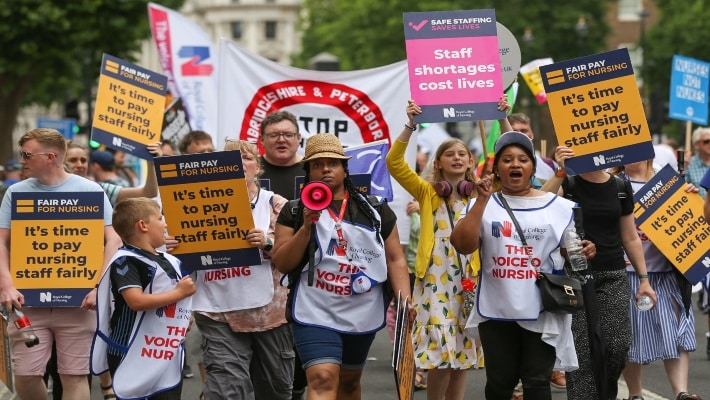Union membership among young workers is experiencing a significant decline, marking a global trend known as the de-unionisation of the young. In the UK, government statistics reveal a sharp decrease, with only 4.3% of workers aged 16 to 24 being union members in 2021, compared to 19.8% in the 25 to 34 age group. This decline is part of a broader shift that has seen collective bargaining coverage decrease from 80% of the British workforce in 1980 to around 30% in the 2000s.
The drop in union membership is not necessarily due to young professionals viewing unions more negatively than older counterparts. Instead, many work in sectors where union representation is scarce, and there is a lack of awareness about the roles and achievements of unions.
Unions play a crucial role in providing employees with a collective and independent voice, allowing them to engage in negotiations and consultations with employers efficiently. The strength lies in numbers, enabling workers to pool resources and negotiate for better conditions collectively. Unionised workplaces have been shown to be fairer, with reduced wage disparity, healthier working conditions, and improved workplace safety.
Despite arguments by some, such as US economist Diana Furchtgott-Roth, that unions are no longer needed in a booming economy, unions continue to advocate for employees’ rights. While individual rights in areas like minimum wages and discrimination have expanded, many of these achievements were the result of collective action by union members. Research indicates that union members still earn more than non-union members, and unions actively lobby for enhanced employment rights.
Also Read : +44 20 3322 2305
The decline in union membership does not necessarily reflect a lack of desire among non-union workers to be part of unions. In many cases, individuals have limited access to unions, and some employers openly express anti-union sentiments. The contemporary face of union membership has evolved, with a shift from the traditional male, blue-collar worker to a more diverse membership, including female white-collar workers. Teachers, health workers, social workers, civil servants, journalists, actors, writers, lawyers, doctors, and musicians are among those who continue to see the value of unions in representing their rights and fostering success in their careers.
As union membership experiences a decline over the past few decades, the importance of unions in upholding workers’ rights and fostering positive workplace changes remains evident. Collective action continues to be a powerful tool for ensuring that individual employees’ rights are respected and upheld.
